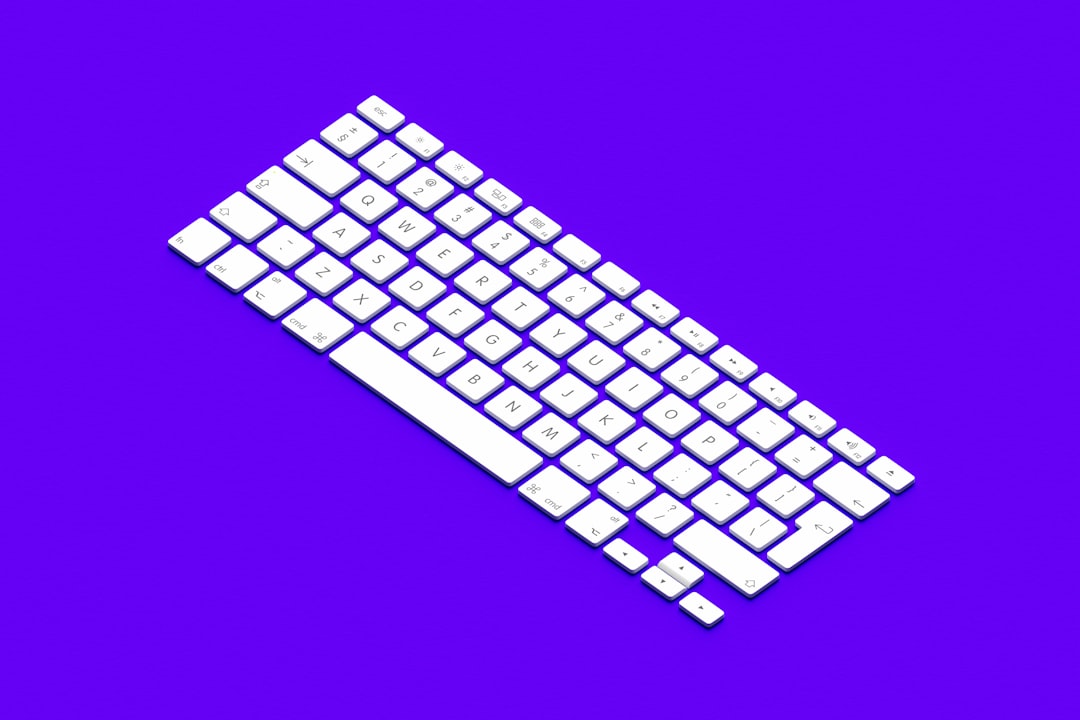WP Rocket has long been one of the most popular caching plugins for WordPress, trusted by millions of users across the globe to speed up their websites. With the release of WP Rocket 3.x, the developers have brought forward a slew of enhancements that not only improve site performance but also simplify the user experience. For those who may be undecided about upgrading or curious about what’s different, this article breaks down all the noteworthy updates and provides guidance on how to update safely and smoothly.
What’s New in WP Rocket 3.x?
With WP Rocket 3.x, several major and minor features have been either added or improved. The goal has been to make performance optimization not only more powerful but also more accessible even for non-technical users.
1. Improved Interface & User Experience
One of the most noticeable updates in WP Rocket 3.x is its redesigned user interface. Clean, intuitive, and aligned with modern UI standards, the new dashboard makes it easier to configure performance settings.
- Live Status Panel: Gives real-time updates on cached files, preload status, and optimization changes.
- Streamlined Menu: The navigation has fewer sub-menus and a consistent layout across each tab.
- Tooltips & Help Indicators: Users now have access to contextual help across various settings.

2. Delay JavaScript Execution
One of the biggest innovations of this release is the automatic delay of JavaScript execution. This feature improves core web vitals by reducing First Input Delay (FID) and Total Blocking Time (TBT), thereby enhancing user interaction quality.
JavaScript files that are not essential for rendering the website are automatically delayed until user interaction occurs. This means faster initial loading without breaking the site’s visual layout or usability.
Developers and advanced users can customize which scripts to delay or exclude, offering flexibility and precision at the same time.
3. Simplified Preloading and Cache Warm-up
WP Rocket 3.x introduces enhanced preload and cache warm-up processes that further minimize the loading time for visitors. This version uses a revamped crawler engine that:
- Preloads homepage, archives, and posts efficiently.
- Handles large sites better without overwhelming the server.
- Improves cache lifespan by ensuring that commonly visited pages are always ready to load instantly.
The preloading system now integrates better with sitemaps submitted to search engines, enhancing SEO performance and crawlability.
4. Enhanced Compatibility with Page Builders
As more users turn to page builders like Elementor, Beaver Builder, and Divi, WP Rocket 3.x has improved compatibility with them.
- Optimized caching rules tailored for each builder.
- Better detection of dynamic content to prevent improper caching.
- Display issues resolved when lazy loading images or combining CSS files.
This partnership ensures users can continue building visually appealing sites without sacrificing speed or compatibility.
5. Better Image Optimization
While WP Rocket doesn’t directly optimize images like tools such as Imagify, it does enhance image loading. The LazyLoad module has been upgraded to better handle:
- Responsive images and WebP formats
- Exclusion of above-the-fold media to prevent layout shifts
- Delaying loading until images enter the viewport

This means users experience visually complete pages faster, without needing to wait for all assets to load upfront.
How to Update to WP Rocket 3.x
Moving to WP Rocket 3.x is relatively straightforward, but it’s always best to take a cautious approach, especially for live websites. Here is a recommended step-by-step method to ensure a seamless update.
Step 1: Backup Your Website
Before updating any plugin — particularly one that affects performance — it’s crucial to take a full backup of your WordPress files and database.
- Use backup plugins like UpdraftPlus or BackupBuddy.
- Verify the backup by downloading and inspecting the archive files.
Step 2: Check for Compatibility
Review your theme, other plugins, and any custom code you may be using to ensure it doesn’t conflict with WP Rocket’s new features. Visit WP Rocket’s changelog and documentation for insights into known compatibility issues.
Step 3: Run the Update
- Go to your WordPress dashboard.
- Navigate to Plugins > Installed Plugins.
- Find WP Rocket and click Update Now.
Once updated, clear your cache and CDN (if you’re using one like Cloudflare or StackPath) to ensure the changes take effect immediately.
Step 4: Reconfigure Settings
Some settings may have been moved or changed in version 3.x. Revisit each section of the WP Rocket dashboard to review and optimize the new options:
- Enable JavaScript delay execution if previously disabled.
- Check preloading and cache expiration settings.
- Validate image LazyLoad excludes for above-the-fold content.
Step 5: Test Your Site Performance
Use tools like PageSpeed Insights, GTMetrix, or WebPageTest to assess the impact of the update.
- Monitor TTFB and LCP improvements.
- Check for layout issues or broken scripts.
- Compare results with prior benchmarks saved before the update.
Benefits & Final Thoughts
The release of WP Rocket 3.x is more than just a version update; it is a step toward making site speed optimization more efficient, effective, and manageable. With major improvements in JavaScript handling, cache preloading, image lazy load, and UI design, the plugin solidifies its position as a must-have tool in any WordPress performance stack.
Whether you’re a blogger running a small site or managing a high-traffic eCommerce store, the improvements in WP Rocket 3.x deliver tangible Speed, SEO, and UX benefits. And with a safe and hassle-free update process, there’s little reason not to move to the latest version today.
FAQ: WP Rocket 3.x
-
Q: Will updating to WP Rocket 3.x break my site?
A: In most cases, no. However, it’s always best practice to take a full backup before updating in case you need to rollback or troubleshoot any changes. -
Q: Is the new JavaScript delay feature enabled by default?
A: Yes, but it can be turned off or customized from the WP Rocket dashboard under the “File Optimization” tab. -
Q: Does WP Rocket 3.x work with CDN providers?
A: Absolutely. WP Rocket supports most major CDNs including Cloudflare, KeyCDN, and StackPath out of the box. -
Q: Do I need technical knowledge to configure WP Rocket 3.x?
A: No, the plugin is designed to be user-friendly. Most settings are optimized by default. However, advanced users can fine-tune behaviors based on their needs. -
Q: Will WP Rocket 3.x help improve my Core Web Vitals?
A: Yes. Features like JavaScript delay, LazyLoad, and enhanced preloading directly contribute to improved scores in tools like Google PageSpeed Insights.
